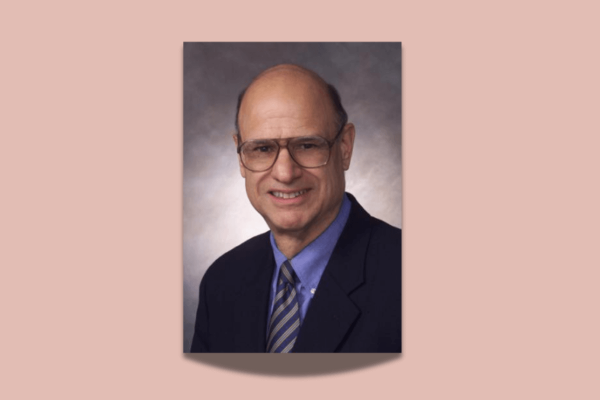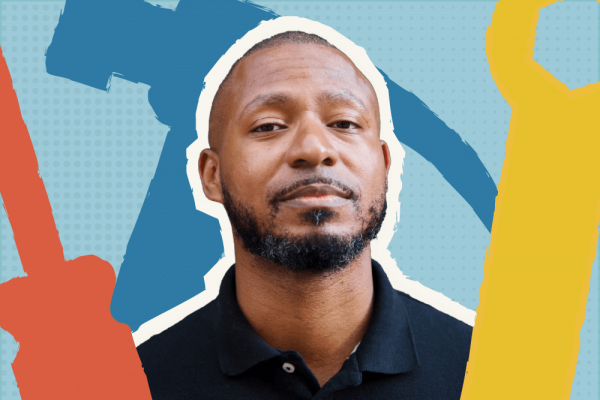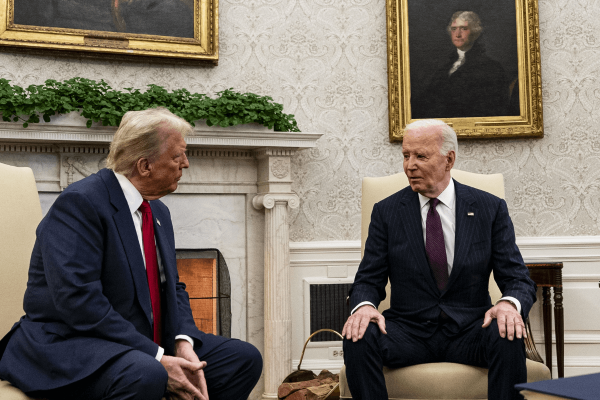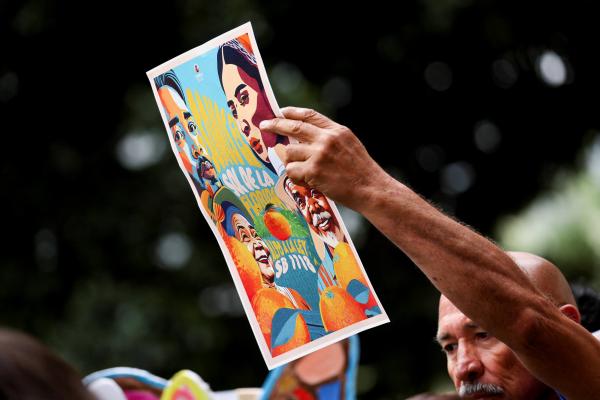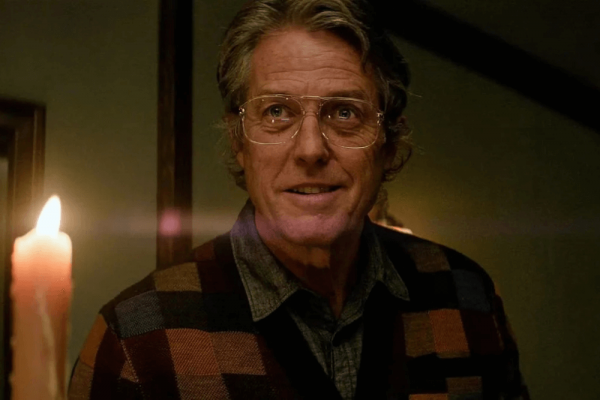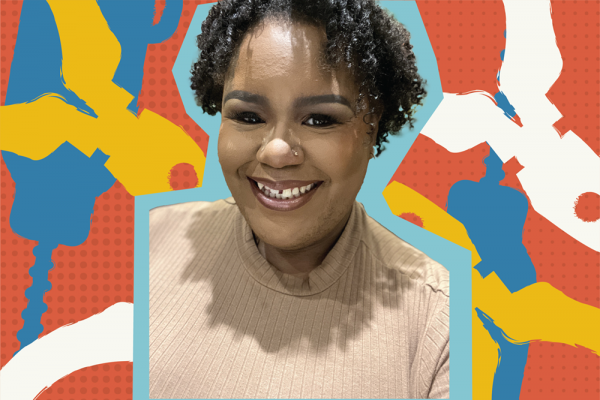Looking back now, a quarter century later, I see how Tony Campolo’s life shaped my own. When the political operatives of the New Right partnered with Jerry Falwell and other Southern Baptists to use Christian faith to rally a reactionary political movement in the 1970s, Tony understood what was happening.
I’ve followed Robert Monson’s work for years. Monson is a writer and theologian who focuses on Black theology, contemplation, and disability. He is also one of the first people outside my direct orbit to encourage my writing (not just my reporting), and I’ve always found him to be encouraging, joyful, and thoughtful.
Lately, as I have been reading Monson’s work, I’ve found that he is becoming rather soft. Now, before you think those are fighting words, I’ve thought this because it’s the term that Monson uses to describe himself and his aspirations as a man. He sees softness as an ethic to live into, a way of honoring his personhood and the personhood of others.
We are in for a difficult four years as a country. During the first four years of Donald Trump’s administration, I did not hesitate to call him a fascist, and looking ahead to his next four years, I am so worried about vulnerable people in this country. I am worried about immigrants. I am worried about queer people and trans kids. I am worried, yes, but I know that even in the most difficult time, miracles are possible.
The season is stuffed (pun fully intended) with stress, loved ones, and remembering to share our blessings with others. These films remind me of those feelings.
As a person of faith, I am deeply concerned about what the outcome of this election means, especially for those who will be most vulnerable to threats of mass deportations, retaliation against perceived political enemies, and other actions planned by the incoming administration. Yet we must not follow the example set by the president-elect and his followers: We can and should acknowledge the recent election results as legitimate, even if we are pained by them. I am hopeful that we can use this moment to break the fever of election denialism and rebuild trust in our election system — a shift that will be critical for future elections. Equally critical will be our commitment to advance justice and peace, a commitment that requires us to roundly reject the siren songs of violence, conspiracy theory, and anti-democratic methods.
During the presidential debate in September, then-Republican candidate and now President-elect Donald J. Trump propagated a Facebook rumor that Haitian immigrants in Ohio were stealing neighbors’ pets and eating them. While the rumor has since been debunked, anti-immigrant rhetoric like this makes it easier for lawmakers to drum up support for laws such as Florida’s SB 1718, a law that is meant to address illegal immigration.
When Florida’s Republican governor, Ron DeSantis, signed SB 1718 last year, he declared it “the strongest legislation against illegal immigration anywhere in the country.” When the bill was first proposed, it included some particularly cruel policies that would discourage immigrants from seeking access to basic services such as rides to church or medical care.
An evangelical Christian, Huckabee has been a vocal supporter of Israel throughout his political career and a longtime defender of Jewish settlements in the occupied West Bank. A former Republican presidential hopeful, Huckabee hosted a weekly Fox News TV show for six years ending in 2015.
The next four years will be a climate train wreck. Trump and his ilk will dismantle as many policies and regulations as they can. Autocrats and newly influential far-right parties the world over will be emboldened to “drill baby, drill.” More parts of the world will burn, flood, and turn into desert. Refugees — who are treated with God’s passionate care in the Hebrew Bible — will be scorned, vilified, detained, and deported at borders and in global northern countries around the world. It will be painful. And yet, based on the patterns already in place, the world will do its best to look away.
Heretic is a litany of theological inquiries wrapped in the skin of a horror movie. Like Legion, the frights of directors Scott Beck and Bryan Woods’ film are many, but its biggest scare isn’t demonic or paranormal or gory: It’s the unique terror of being caught in a theological conversation with a self-righteous man.
D. Danyelle Thomas, the digital pastor of Unfit Christian and the author of The Day That God Saw Me as Black, also finds theological meaning in fiction. One of the conversation partners for her book is the literature of Toni Morrison. I love Morrison because her characters are often struggling with life’s deepest theological questions while also proudly asserting that they are Black and beautiful. Thomas articulated this idea in her own words, saying, “I don’t navigate this world without my Blackness, so I certainly won’t navigate my relationship with God without it.”
